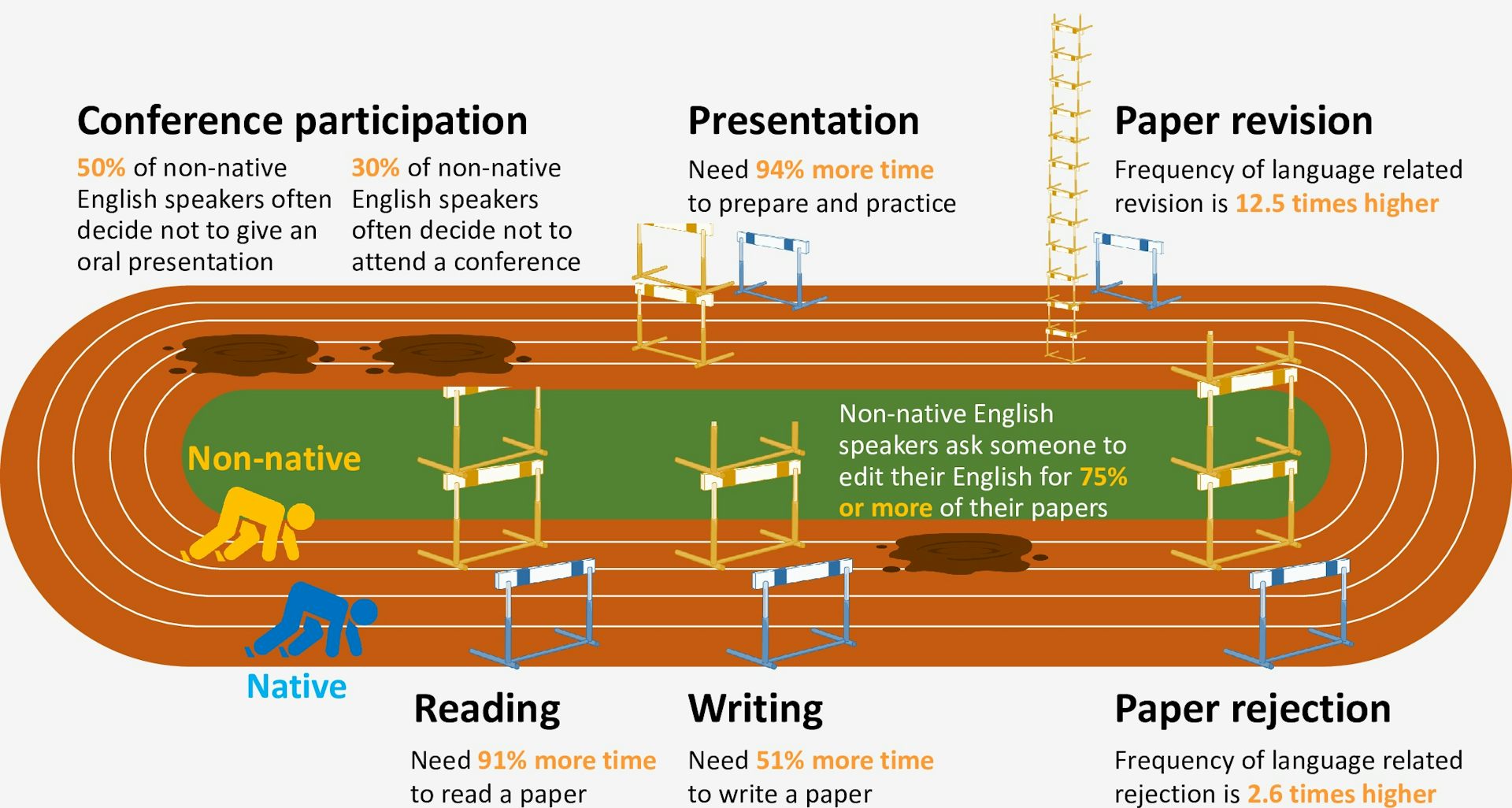What I’ve been doing
I love my holidays of course but I have also enjoyed having a full week back at work and being able to get into stuff. The week has mainly been preparing for our next Governing Board meeting, project management bits around various ongoing activities (and preparing one project that ends in September and another that starts in September). September is an important (and busy) month for those in our team focused most on campaigning and influencing and I’ve been making sure our fringe events at a couple of Autumn Party Conferences are booked as well as doing some social media around our annual report.
It’s also been payroll week, doing some contract work and reading around performance processes (how can we create a meaningful, individual focused, non-bureaucratic ‘appraisal’ / ‘reflective’ process?).
What I need to take care of
The Government announced the date of the Global AI Summit that the UK is hosting so that’s now getting dropped into planning timelines for the third quarter of the year.
I had a 1:1 this week with Jeni and in it I had (in advance) asked for some feedback about where I needed to improve (and I basically phrased it like that too). I’ve long ago learnt that I improve best (fastest and more sustainably) in response to hearing what I’m doing “wrong”. I think this comes from years of sports participation and particularly badminton which I played for decades and competitively…all my coaches focused me on “rotate more, your feet aren’t moving fast enough, you need to bounce more, you need to reach higher” (come to think of it I may be undermining my own point here as I never did really crack the fast feet :-D ). Of course they praised me too occasionally but they taught, and I learnt, by them exposing my deficiencies.
Of course in work the right/wrong isn’t as binary and I hope it will be very rare that I get something “wrong” but there are definitely things I should be doing better, things I should be doing more (or less) of, ways of working or priorities that would be more useful. It really helped having a light shone on those in my 1:1 and I now have a post-it up on the wall in front of me with three key points to work on. I’m particularly embracing the bullet point that says “take the mental load”. That excites me and articulates who and where I want to be. Time to take care of that.
What I’ve been inspired or challenged or moved by
My 1:1. All the above is true and I’m motivated and excited and smiling after my 1:1 feedback. But I would also happily be honest enough to say that hearing things that need improvement is also challenging. I want to be the best Head of Delivery and Operations my colleagues have ever experienced, I’m not there yet and feedback will help me get there but to keep improving one has to accept there will keep being things to improve (and sometimes one’s ego would like to think they were already amazing ;-) )
What I’ve been reading
In our team meeting this week we wandered into a conversation about Disney characters and animated films, and how their names / titles are different in different countries. I hadn’t really stopped to consider that before but it was interesting hearing Maria tell us about the character names in Brazil (I had to resist booking in a 1:1 to go through the whole Disney catalogue ;-) ).
On a more serious note though it reminded me of this article which I went back and read again. The article amplifies the experiences of non-native English speakers in science / research and how much harder they are having to work - just because English isn’t their first language. And considering 90% of the global population doesn’t have English as a first language that instantly feels like an issue to me (I think I respond to this article a bit like some of the reading I’ve done learning about my white privilege…because I’ve never had to worry about learning / publishing / discussing in a language other than English I’d honestly not stopped to think what that was like).

Although the article focuses on research and science I think the lessons we can take from it cut across all work. Diversity is vital to all elements of work / society / global challenges, as this quote from the article highlights.
Research has shown us that diversity in science delivers innovation and impact. Scientific work conducted by non-native English speakers has been, and will be, imperative to solving global challenges such as the biodiversity crisis. If indeed, “much research remains unpublished due to language barriers” – as one of our participants said – we could be missing out on substantial scientific contributions from a number of intelligent minds.
And there’s tips in there about what we can all do to improve the situation. Worth a couple of minutes of your time I reckon.
